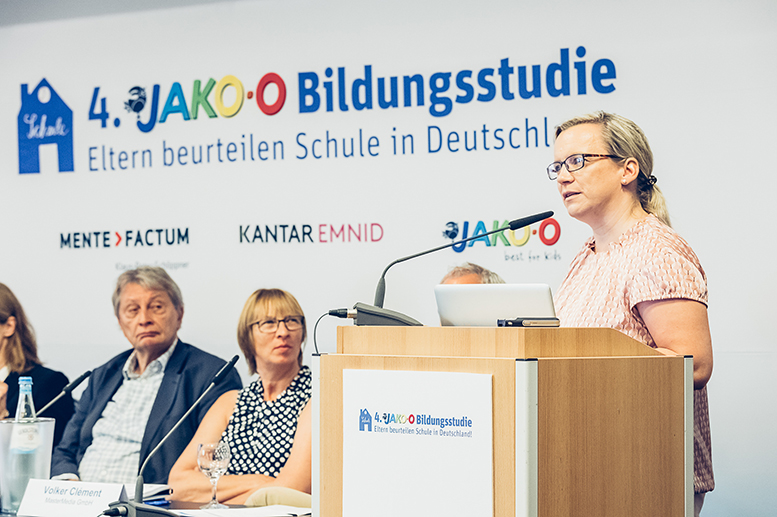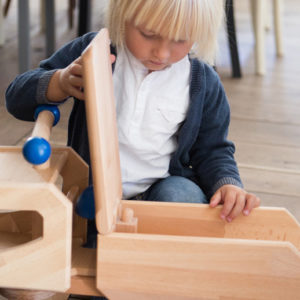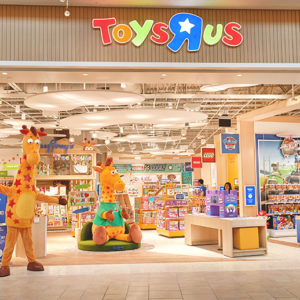The 4th JAKO-O education study reveals progress in the German education system

Latest news

-ADVERTISEMENT- The wellness and fitness trend has arrived in the …

The fight against environmental destruction and the climate crisis are …

Anyone looking for new products in the field of toys, …

It is a market with huge dimensions and great potential. …

For companies, a social media presence has become indispensable and …

Hardly anything disturbs customers as much as waiting at the …

Research by TV station RBB has shown that some outlet …

The industry association Licensing International (formerly LIMA) has honored outstanding …

Communications manager Hannah König and managing director Stephan Schenk are …

The toy dealer wants to leave his insolvency behind him. …
According to the study published on 22 June 2017, the education system is becoming increasingly equitable from the perspective of parents. Two-thirds of mothers and fathers said that educational opportunities in Germany are now “very fairly” or “more fairly than not” distributed. Moreover, they said that Germany is becoming a child-friendly country.
For the representative study, the opinion research institutes Mentefactum and Kantar Emnid interviewed 2000 parents of schoolchildren up to 16 years of age. In addition to long-term trends, the JAKO-O- commissioned study shows current educational and school-related points of contention.
What do parents think of the German education system?
Between 2010 and 2017, there was a 15% perceived increase in education equality. The parents indicated how fairly they believed educational opportunities to be distributed.
In the “neglected subjects at school” section, the majority of parents see a need for more economic education. The learning content of “nutrition and health” was also mentioned. According to parents, both subjects are poorly addressed in schools.
Inclusion and integration in German schools
According to the parents surveyed, 38% of German schools now succeed in integrating children with special needs. The highest success rate is for comprehensive schools at 58%. At vocation-oriented middle schools, there has been less success with the idea of having a mixture of children with and without special needs. According to the study, these schools achieved just a 29% success rate. However, compared with 2014, there were percentage increases for all school formats.
Acceptance of refugee children is very high. Of the parents surveyed, 95% advocated an early entry of migrant children into schools. To promote this, 81% agreed that the state government should hire additional teachers. At the same time, a minority of the parents noted that the state “did not do enough” for the education of refugee children. The majority, however, did not agree. Of the parents surveyed, 73% agreed that migrant children should learn German in separate classes. Children with a migration background are now taught at most German schools. The highest proportion are at primary schools at 70%. In contrast, there are migrant children at only 51% of grammar schools.
Choosing a school
When deciding on a secondary school, the school format and the child’s wishes are usually the decisive factors. Around 60% of parents have a preferred educational format. The child’s wishes were important for 57% of respondents. The lowest percentage of respondents said that the social composition of the school was the most important factor in their decision.
Despite the progress, there is still much room for improvement in the education system. For example, parents believe that schools should deal more explicitly with “economic education” and topics related to “nutrition and health”. In the vocation-oriented middle schools, work needs to be done on the concept of mixing children with and without special needs. To encourage the early entry of refugee children into schools, the state governments should hire more teachers. As a result, migrant children should receive more help in learning the German language.
Images: JAKO-O
//JP




Leave a Reply